Robert Nicholson
Robert Nicholson is president of The Philos Project, a nonprofit organization that seeks to promote positive Christian engagement in the Middle East. He holds a BA in Hebrew Studies from Binghamton University, and a JD and MA (Middle Eastern History) from Syracuse University. A formerly enlisted Marine and a 2012-13 Tikvah Fellow, Robert splits his time between New York City and Syracuse.
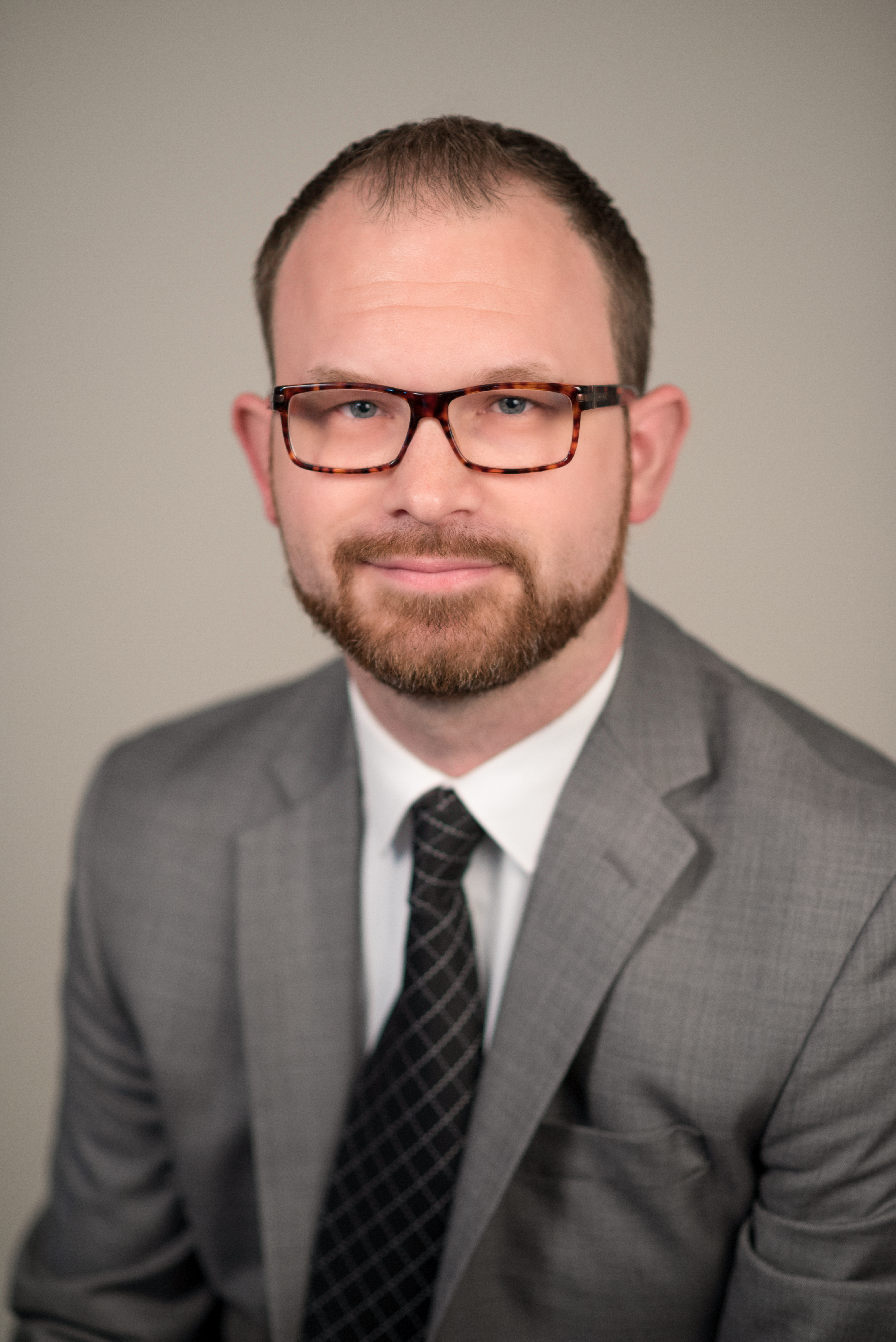
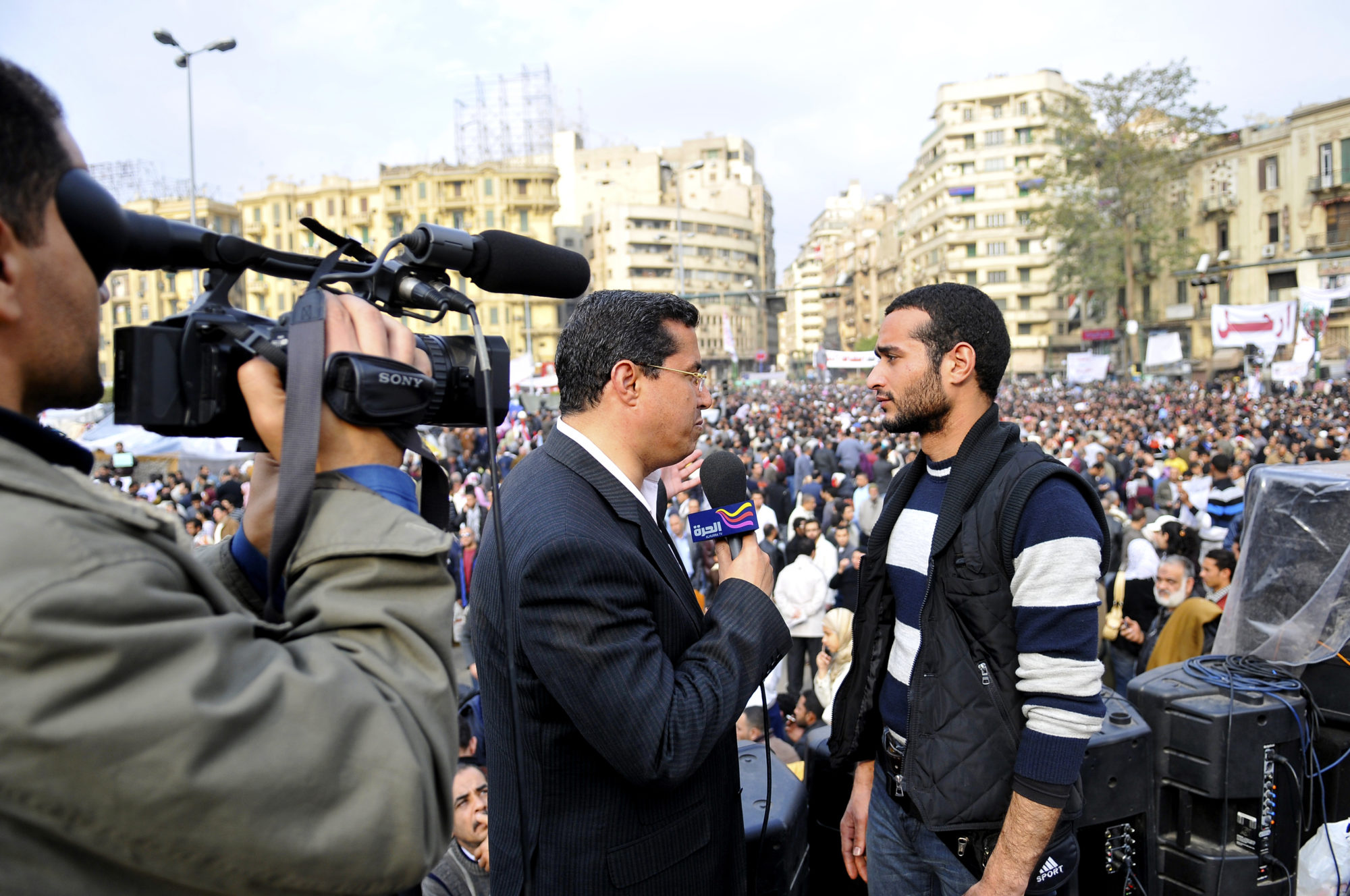
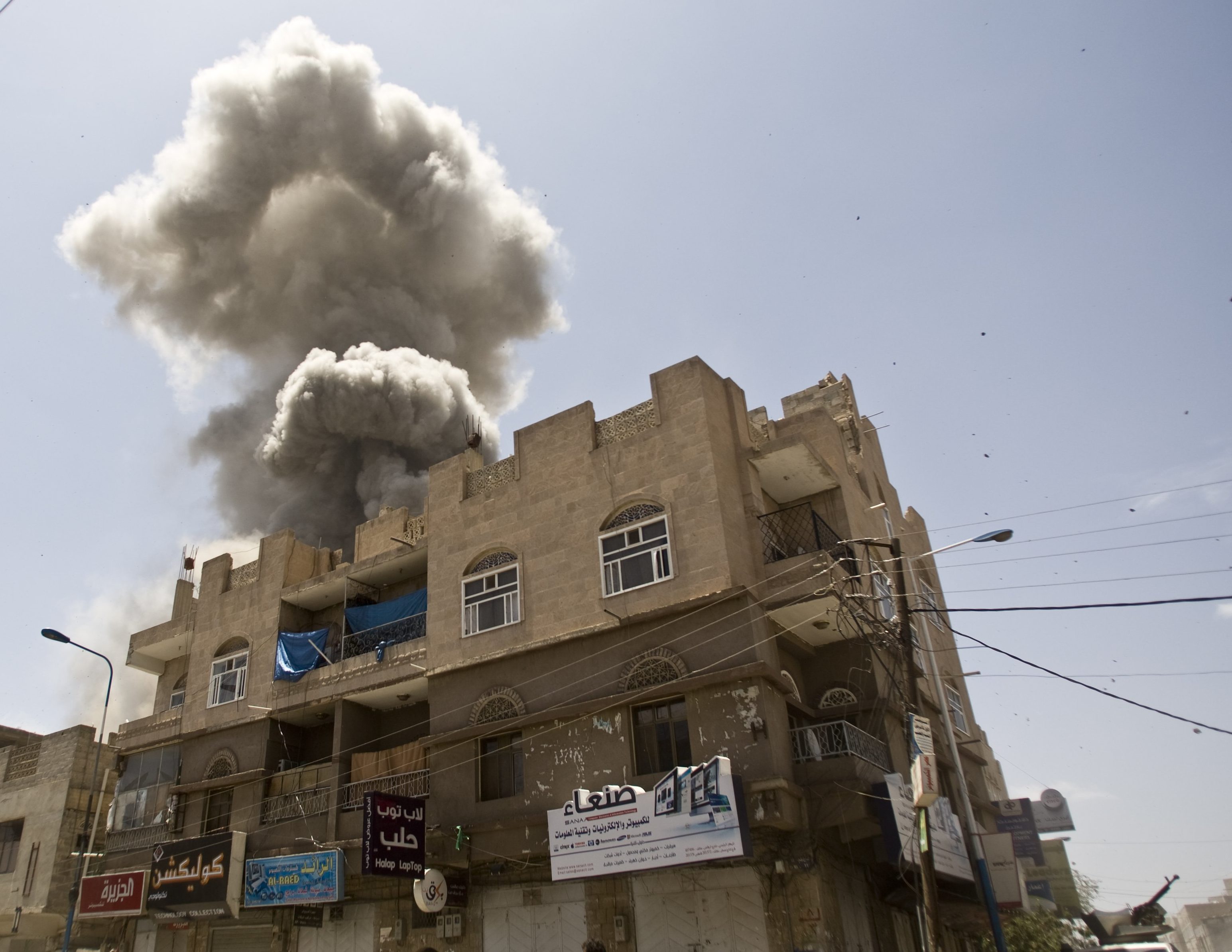
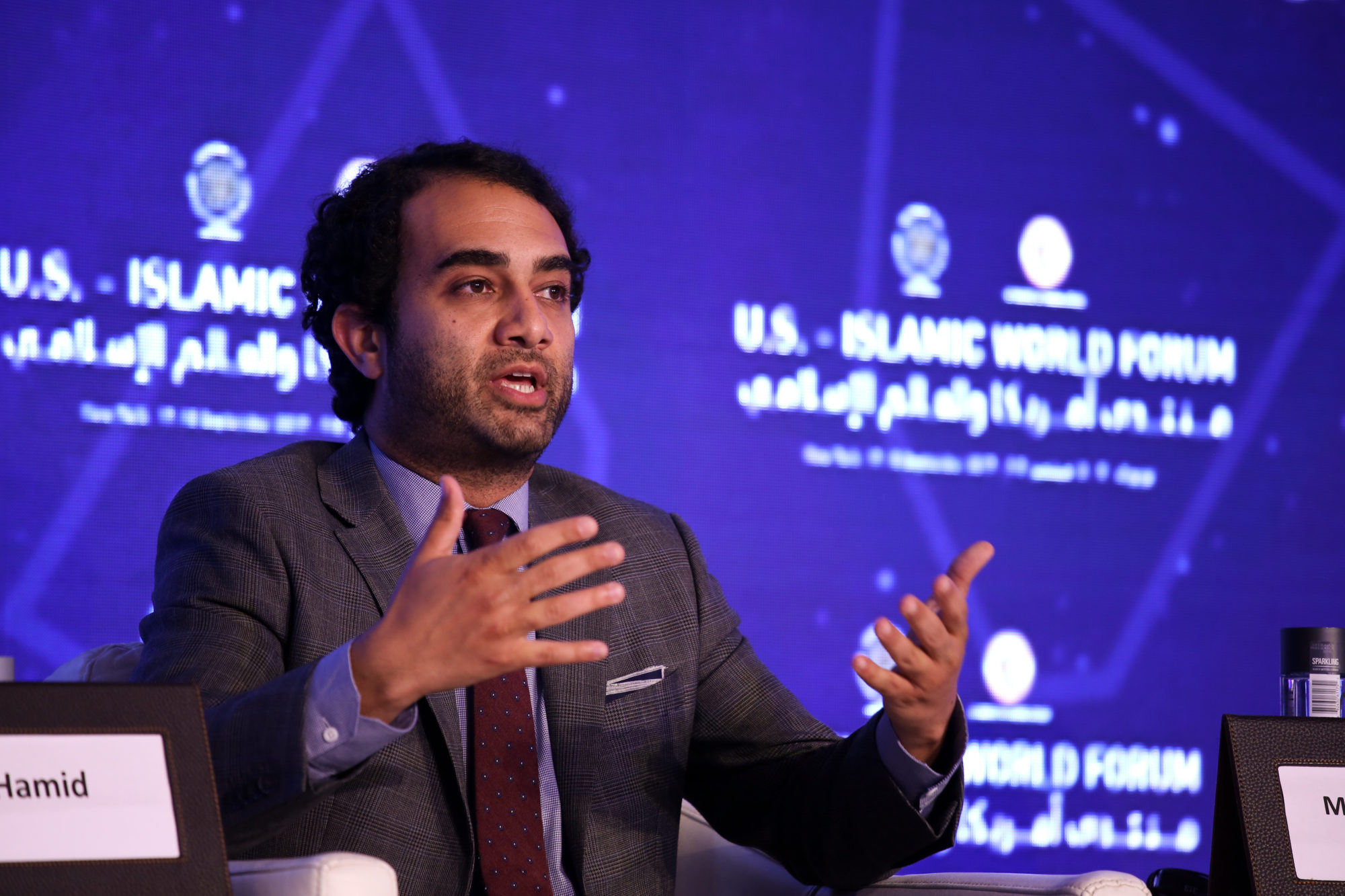
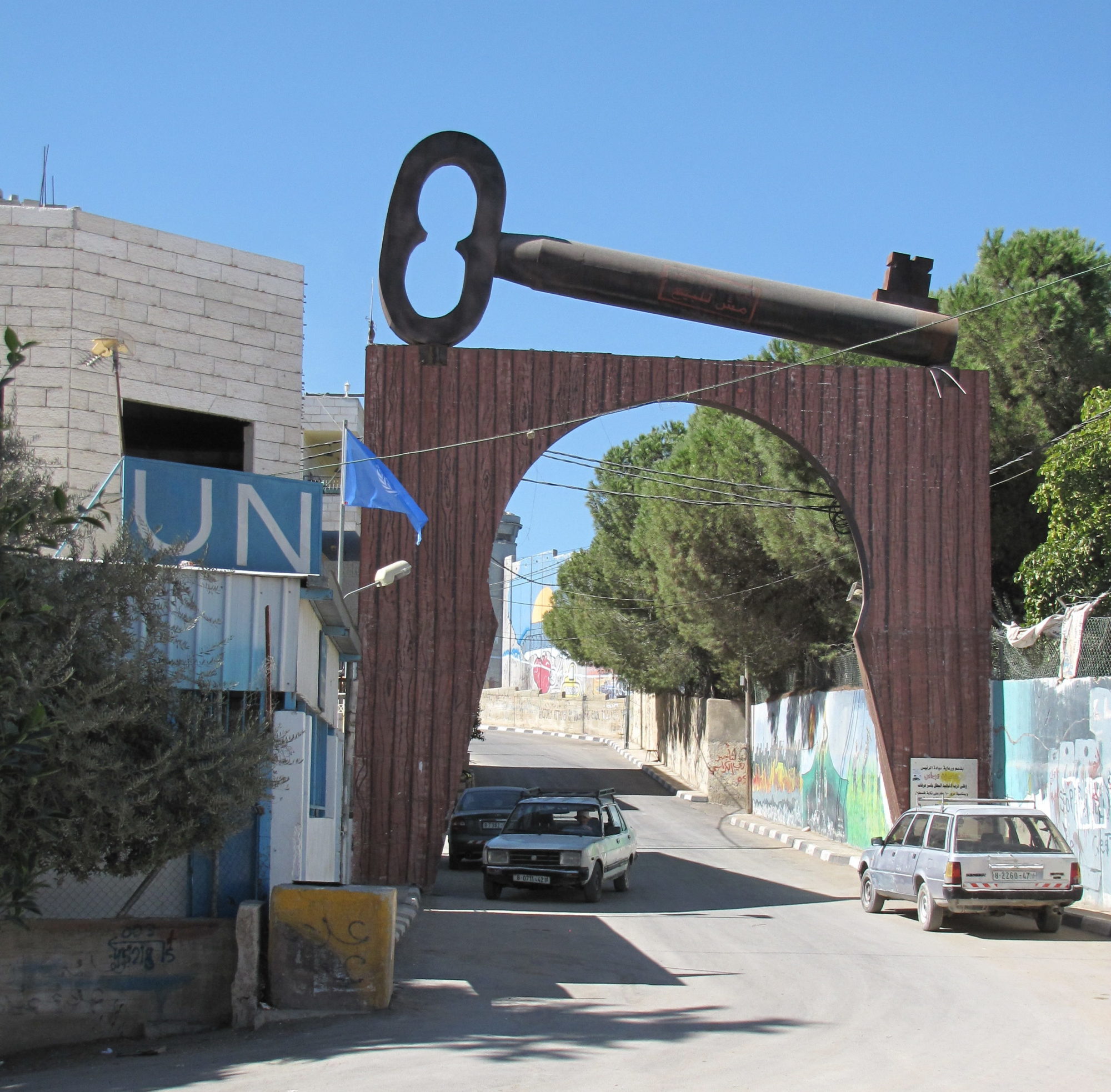
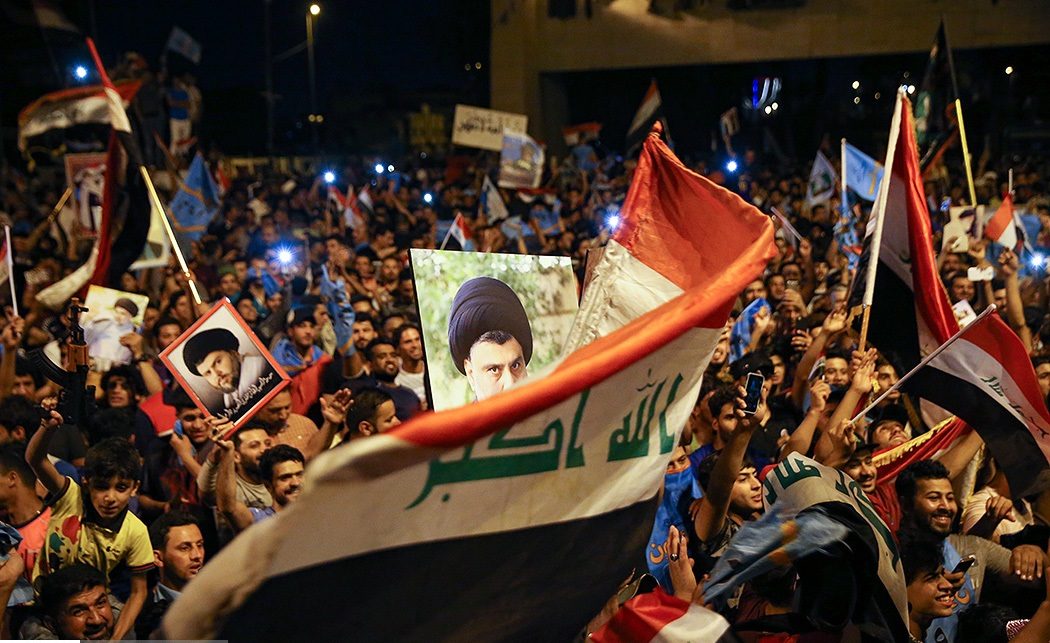
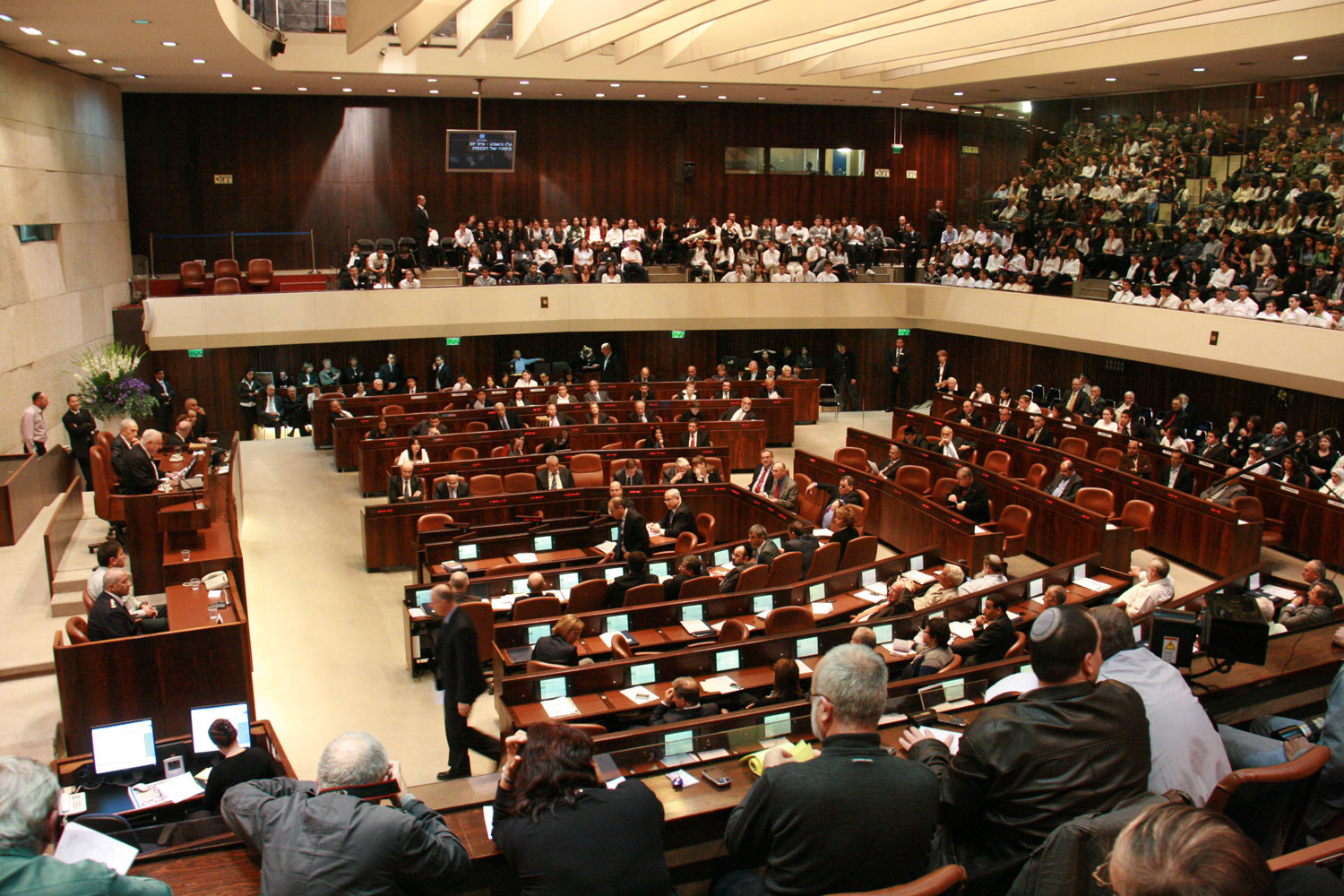
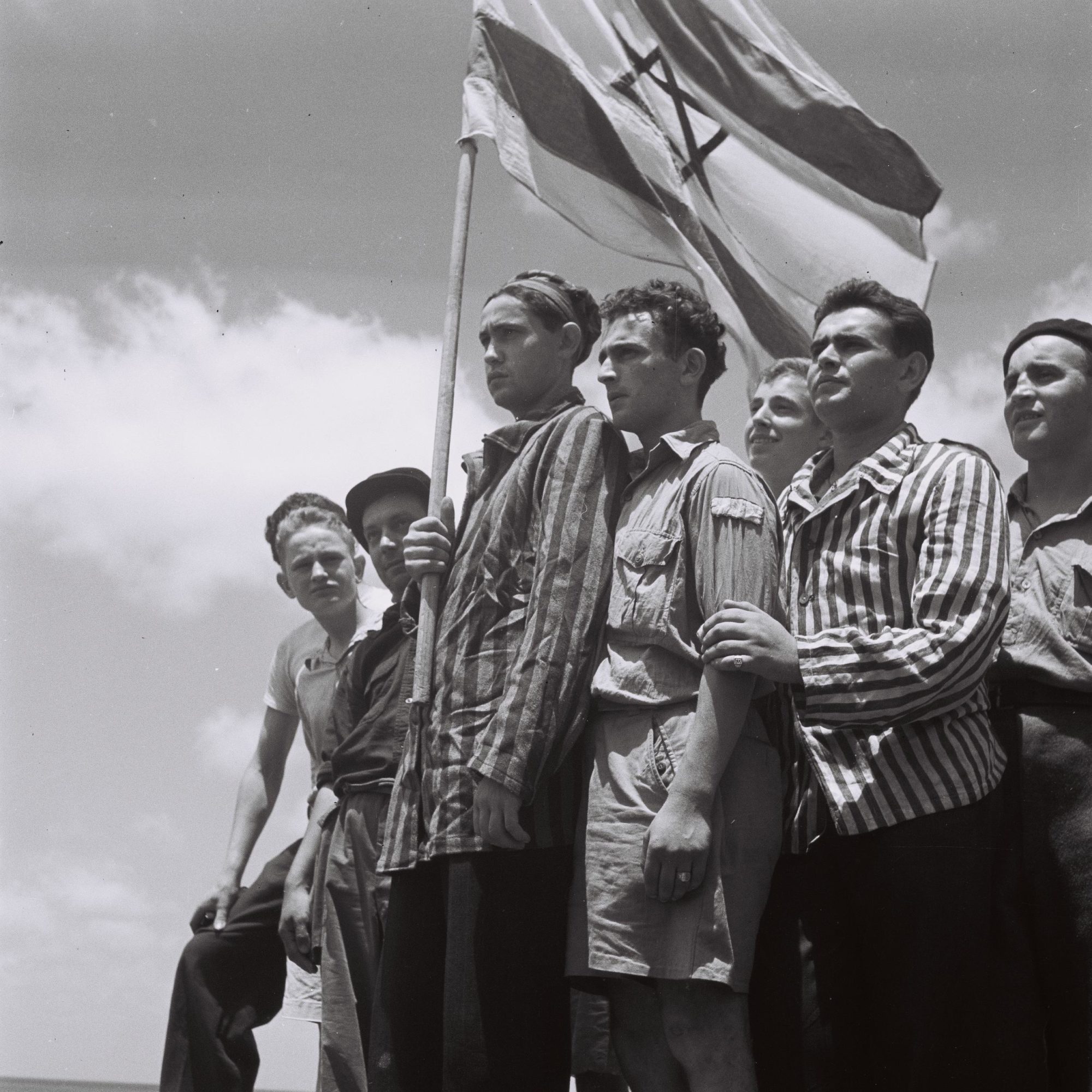

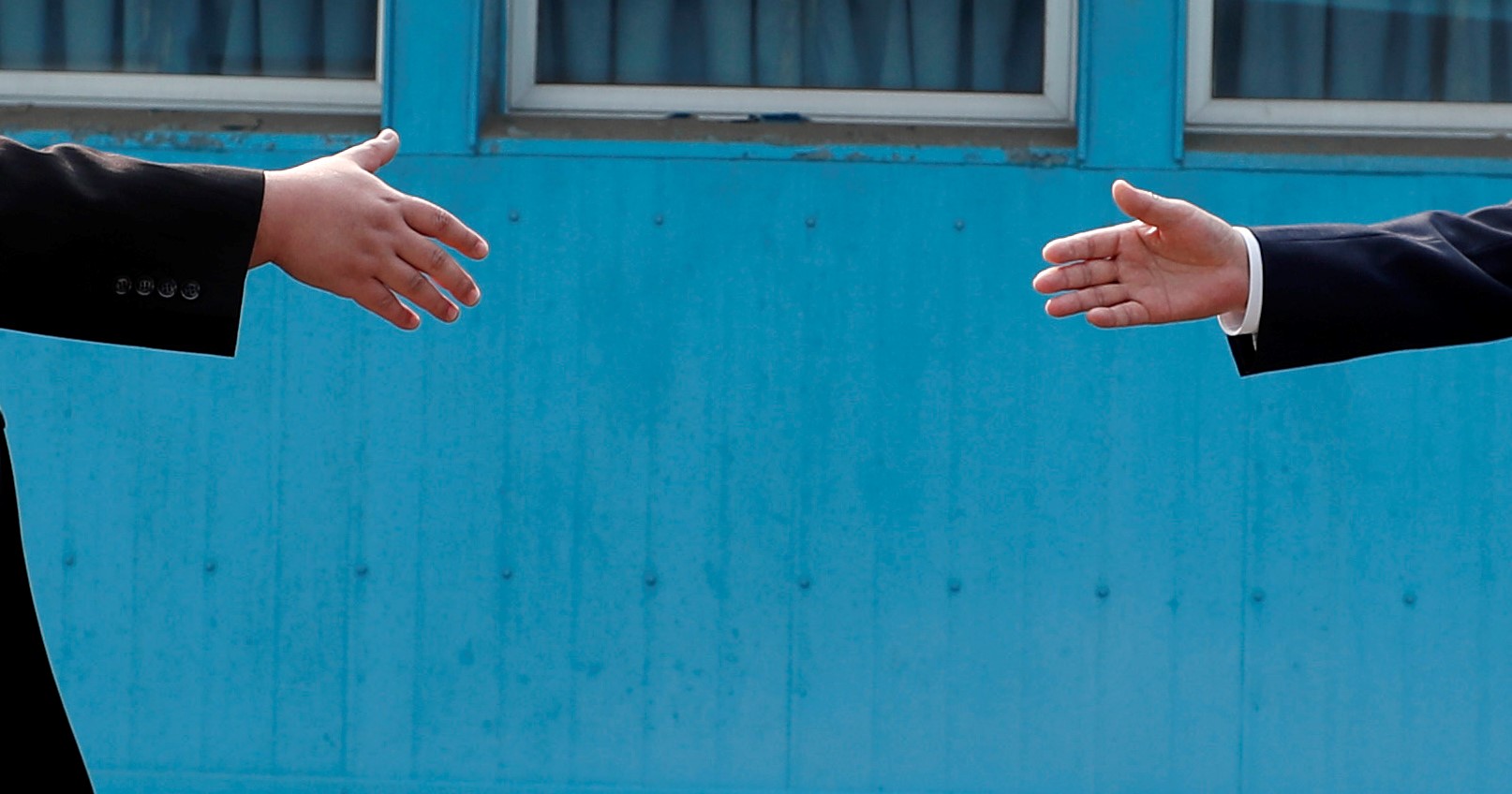
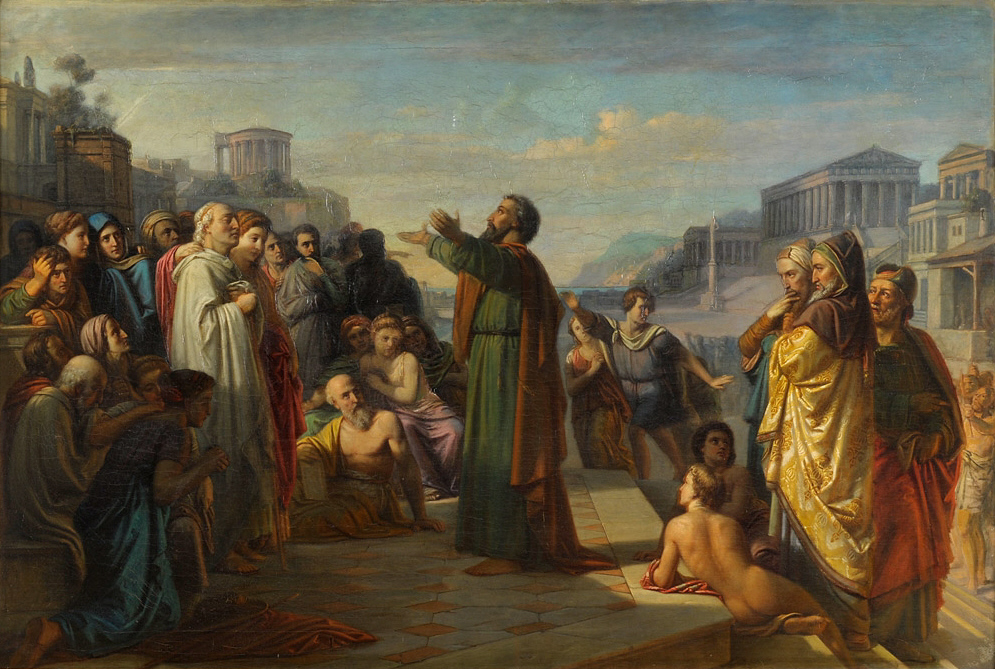

 Sponsor a student for Christianity & National Security 2024
Sponsor a student for Christianity & National Security 2024